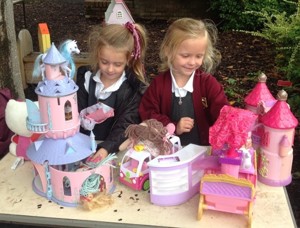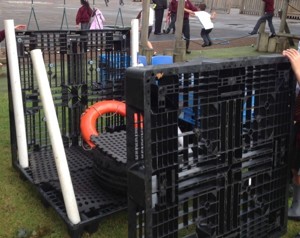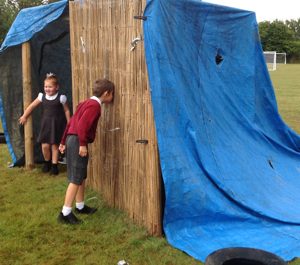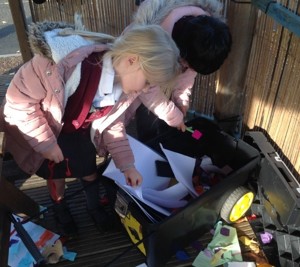- Home
- Enrichment
- OPAL Play Project
OPAL Play Project
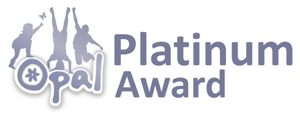

Here at Pyrcroft Grange Primary School, we are committed to ensuring quality play opportunities are available to all our children. We believe that play is essential for physical, emotional, social, spiritual and intellectual development of each child. The school acknowledges the UN Charter on the Rights of the Child, especially Article 31, and supports the child’s right to play. Most of our best childhood memories are from playing outdoors, climbing trees and exploring the wide world around us. OPAL gives us the opportunity to give those memories to your children. OPAL (Outdoor Play and Learning) is all about using naturally and man-made resources to allow children to be inspired and creative at playtime.
The Value of Play
Play is defined as any freely chosen activity which a child finds satisfying and creative. It may or may not involve equipment or other people. We believe the learning opportunities of play include: -
- Emotions e.g. learning about oneself and others, sadness/gladness, rejection/acceptance, frustration/achievement, boredom/fascination, fear/confidence.
- Social interactions - enhancing self-esteem and understanding of others through freely chosen interactions e.g. within peer groups, with individuals, with groups of different ages, abilities, interests, gender, ethnicity and culture.
- Making choices, problem solving, being creative,
- Playing with scrap materials, tyres and other multipurpose objects –
- Achieving and also coping with failing,
- Communication and negotiation skills
The Adults Role in Play
The school will help children maximise the benefits they can gain from play by provision of trained staff who are informed by and work to the Play work Principles.
- Play is essential for physical, emotional, social, spiritual and intellectual development
- Play enables children to explore the physical and social environment, different concepts and ideas
- Encourages self-confidence and the ability to make choices
- Play is critical to children’s physical and emotional health, and enables them to explore and develop the balance between their right to act freely and their responsibilities to others
- Free play can have a direct positive impact on a child’s ability to reach their potential
Aims:
The school aims to address the provision of improved play opportunities:
- To ensure play settings provide a varied, challenging and stimulating environment.
- To allow children to take risks and use a common-sense approach to these risks and their benefits.
- To provide opportunities for children to develop their relationships with each other.
- To enable children to develop respect for their surroundings and each other.
- To aid children’s physical, emotional, social, spiritual and intellectual development.
- To provide a range of environments which will encourage children to explore and play imaginatively.
- To provide a range of environments which will support children’s learning across the curriculum and learning about the world around them.
- To promote independence and team work within children.
- To build emotional and physical resilience.
Benefit and Risk
‘Play is great for children’s well-being and development. When planning and providing play opportunities, the goal is not to eliminate risk, but to weigh up the risks and benefits. No child will learn about risk if they are wrapped in cotton wool’ Managing Risk in Play Provision: Implementation guide is published for Play England2012. The school will use the Health and Safety Executive guidance document ‘Children’s Play and Leisure – Promoting a Balanced Approach’ (September 2012) as the principle value statement informing its approach to managing risk in play.
It will adopt a benefits/risk approach as detailed in ‘Managing Risk in Play Provision’ Implementation Guide. Managing Risk in Play Provision Risk-taking is an essential feature of play provision, and of all environments in which children and young people legitimately spend time at play. Play provision aims to offer children and young people the chance to encounter acceptable risks as part of a stimulating, challenging and controlled learning environment.
In the words of the play sector publication Best Play, play provision should aim to ‘manage the balance between the need to offer risk and the need to keep children and Young people safe from harm’.
In additions to standard risk/benefit assessments the school will practice dynamic risk management with children encouraging them to identify and manage risks in an environment where adults are present to support them.
The children will take part in regular Opal Play assemblies in which the children will identify potential risks with new equipment and resources being introduced to the outdoor learning environment.
OPAL Policy
